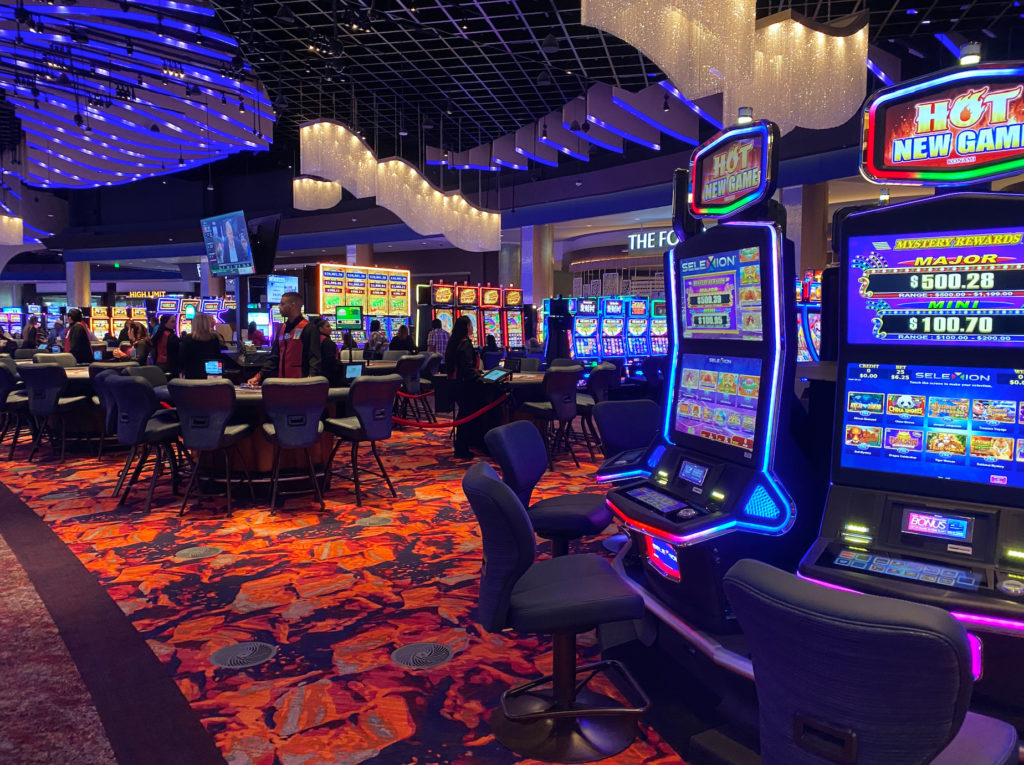
Casino activities have enthralled enthusiasts for ages, luring them into a world of adventure, chance, and wealth. From the flashing lights of video slots to the intense nature of card tables, these experiences offer a distinct combination of entertainment and exposure. However, below the facade of this glamour and finesse lies a sophisticated relationship of mathematics that shapes every outcome and action made within the gaming hall.
Understanding this connection between gaming activities and numerical principles not only enhances the playing experience but also can help gamblers make informed selections. Whether you are a occasional player or a avid follower, recognizing the mathematical principles at play can provide valuable insights into probability, odds, and approaches, ultimately influencing how one approaches these chance games.
Arithmetic Probability in Gambling
In the realm of gambling activities, mathematical probability plays a vital role in determining outcomes and guiding gambler choices. Every activity has a unique set of rules and a particular probability model that affects its dynamics. For instance, in games like roulette, players must grasp the odds of landing a specific number or color. The probability of specific events happening can be computed, and this understanding can substantially affect betting strategies.
Gambers also need to be cognizant of the house advantage, which is the statistical benefit that gambling establishments hold over players in the long term. This edge varies across various activities. In blackjack, skilled players can use tactics to minimize the house advantage to as little as 1 %, while in games like slot machines, the house advantage can be significantly greater. Understanding the house advantage allows gamblers to make educated decisions about which activities to play and how much to bet.
Moreover, likelihood is fundamental in the principle of risk versus gain in gambling. Each wager carries a particular risk factor, and gamblers must evaluate the potential payout against that risk. Activities like the poker game require gamblers to not only calculate the odds of their own showing winning but also to assess the likelihoods of their opponents’ hands. By applying mathematical principles to their strategy, gamblers can improve their odds of winning and participate more effectively in the thrilling world of gambling activities.
Anticipated Worth in Casino Activities
When discussing casino activities, one of the basic concepts rooted in mathematics is the anticipated value. This numerical metric assists gamblers understand the potential outcomes of their wagers over time. In basic terms, anticipated value (EV) calculates the mean amount a player can anticipate to win or suffer per bet if they were to play the activity repeatedly. Each game has its own EV, affected by the odds and the casino advantage, which indicates the advantage that the casino holds.
For instance, think of a activity like roulette. The expected value can be derived based on the specific bet made. If a gambler bets on a single number, the return is 35 to 1, but the actual odds of winning that bet are 1 in 37 (in European roulette). This leads in a negative expected worth, showing that, on average, gamblers will incur a loss money over time when playing this kind of wager. Grasping this idea allows players to make better informed choices about which activities and bets may be less advantageous.
Additionally, the exploration of anticipated value can lead to improved money management. Players who understand the math behind their games are often able to set practical expectations. By recognizing their potential losses and gains, they can adjust their playing strategies appropriately, which may improve their total gambling experience. As a consequence, expected worth serves as a critical tool for both beginner and seasoned gamblers to navigate the often unpredictable character of gambling games.
Tactics and Odds: The Mathematics Behind Success
In casino games, understanding the probabilities is vital for players looking to maximize their opportunities of winning. Each activity has its own specific set of odds that determine winning results, and these statistics are often found in the gaming guidelines or reward charts. For example, in games like 21, players can boost their odds through tactics such as tracking cards, which is based on arithmetic concepts to gain an upper hand over the establishment. By educating themselves with the chances, gamblers can make more educated determinations on when to wager and when to give up.
Additionally, the idea of expected outcome plays a critical role in gambling strategies. Expected value calculates the average outcome of a bet over time, allowing participants to judge whether a specific stake is worth taking. For example, video slots have a fixed payback percentage, which can show the expected payout a player can look for on their bets. By selecting activities with better payout percentages, participants can lessen the house edge, boosting their future winnings in the future. best non GamStop casinos
Lastly, successful gamblers often utilize a blend of chance and mathematical strategy to enhance their gaming experience. While chance is uncontrollable, managing a betting strategy based on calculative ideas can lead to more advantageous situations. By utilizing techniques such as bankroll management and picking games, players can utilize math to maneuver through the unpredictable nature of gambling activities, making the most of their efforts and resources at the casino.